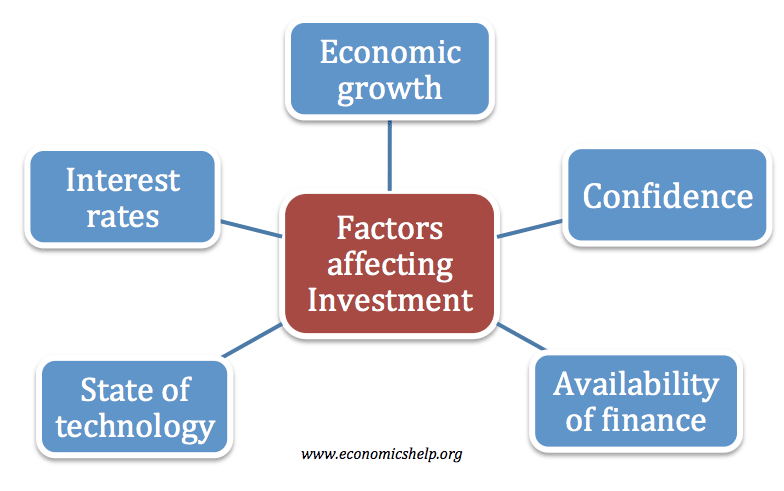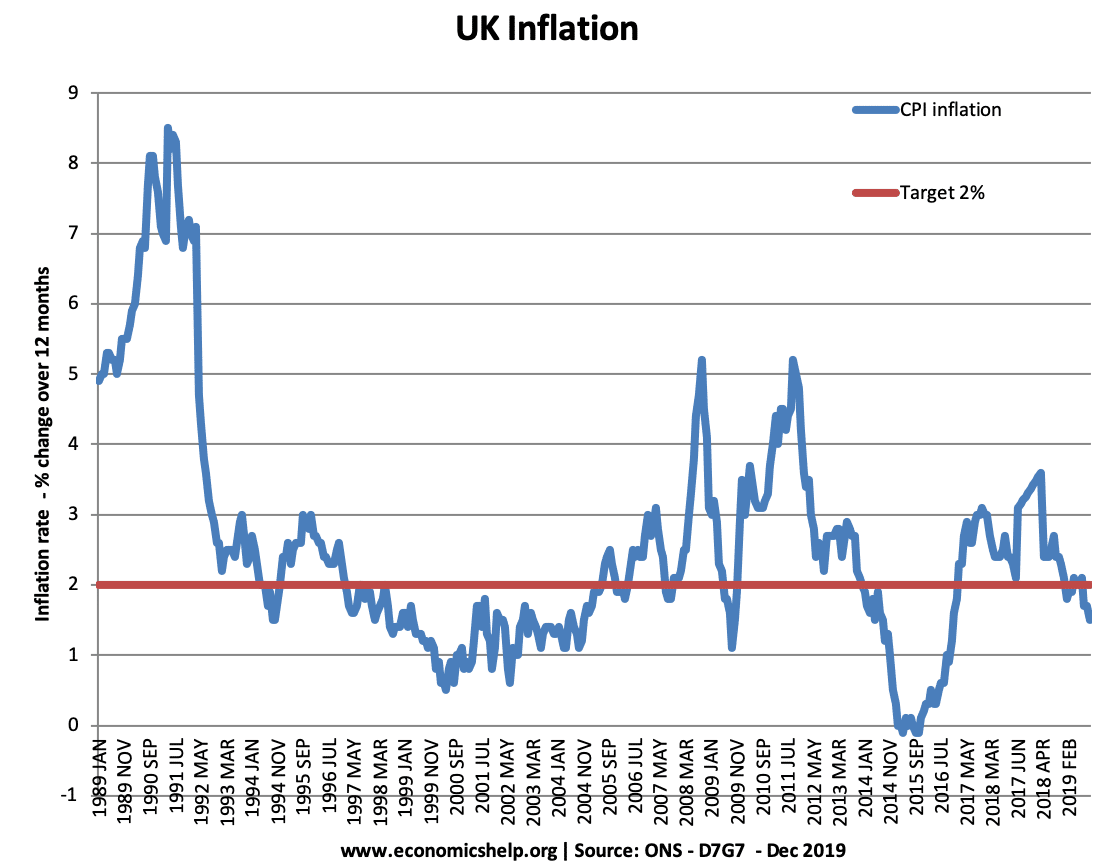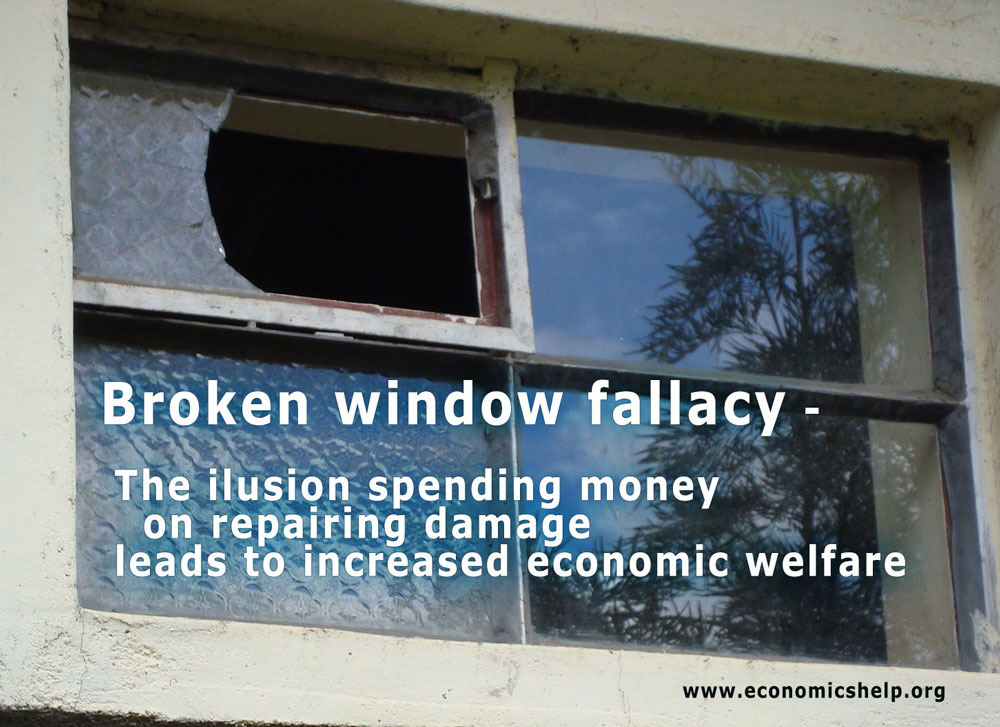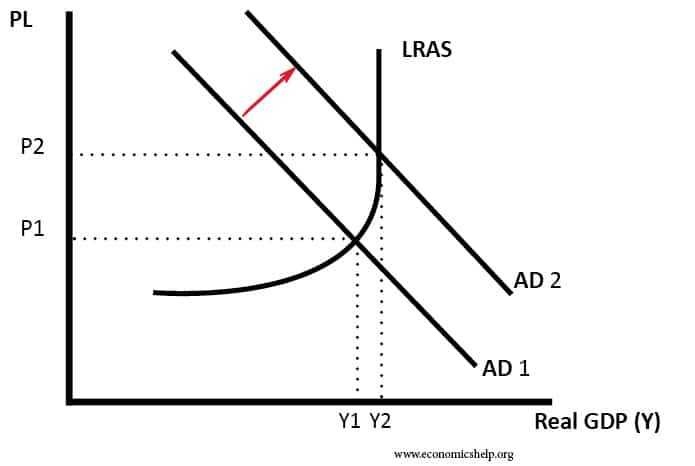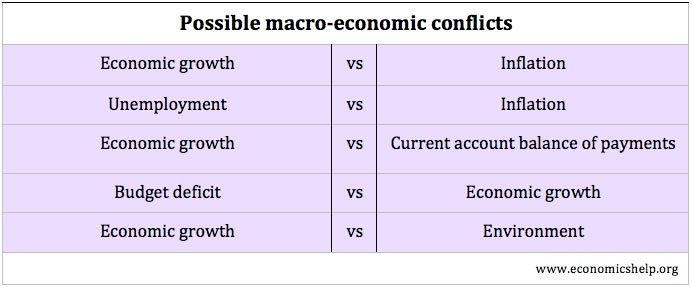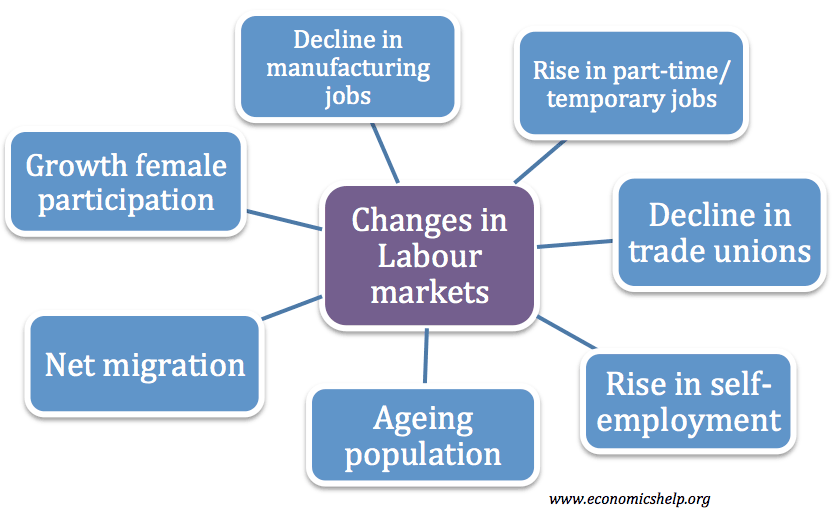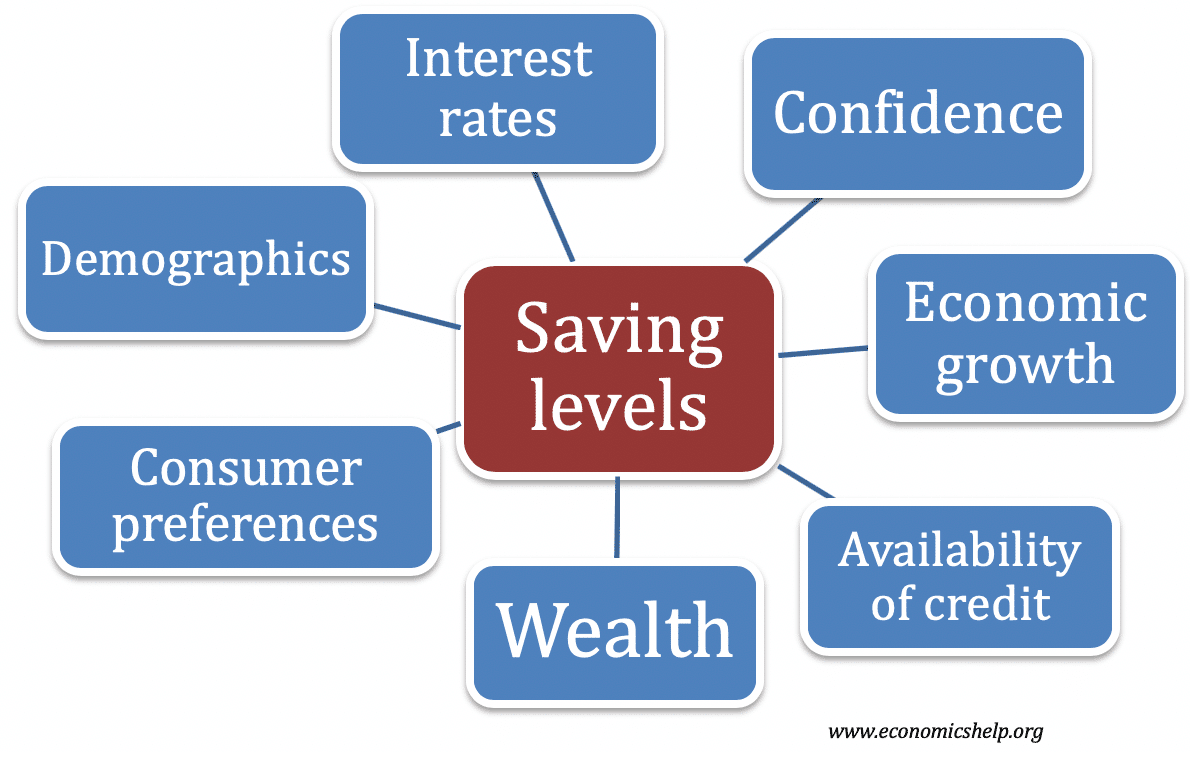Impact of Immigration on UK Economy
In the past two decades, the UK has experienced a steady flow of net migrants into the economy. The 2016 Brexit vote has led to a sharp fall in net EU migration, but to a large extent this has been offset by a rise in non-EU migration. This net migration has had a wide-ranging impact …

